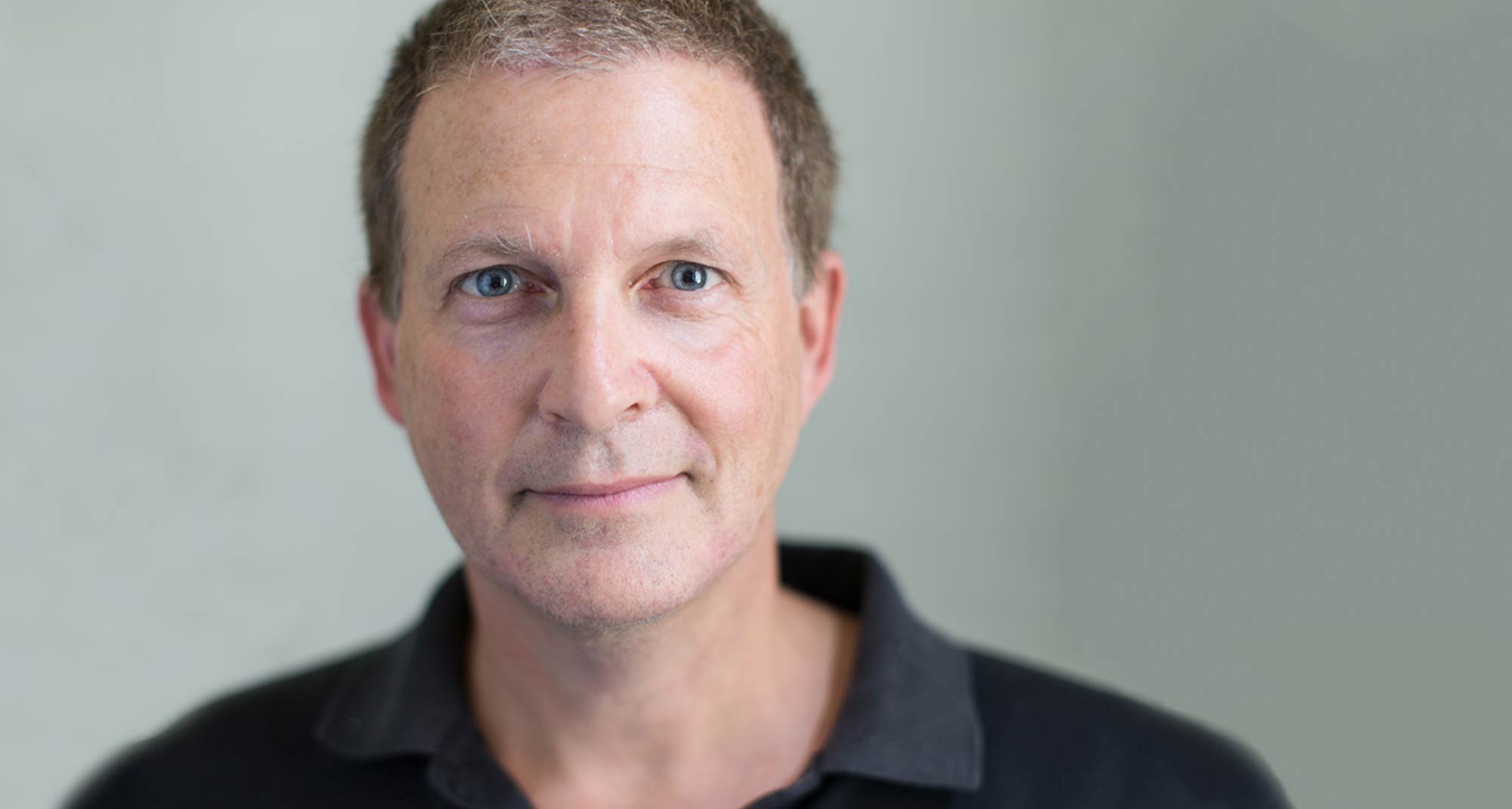Are we all inherently biased?

Are we all inherently biased?
Social cognition focuses on how social forces shape how we think and act.
My particular focus is on how stereotyping is a tool that people use to accomplish their goals. A wide and disparate set of goals are aided by the use of stereotypes—power, self-esteem enhancement, feelings of control, the ability to understand and predict (anticipate) the events around you, identification with a group, and more. Since stereotypes serve such a disparate set of goals, it is natural to ask, therefore, questions such as is stereotyping inevitable and are we inherently biased?
My research would suggest no, and yes, respectively.
Despite its seeming ubiquity and the vast body of evidence for its ease of use and its passive/silent (unconscious) nature, stereotyping is not inevitable. If construed of as a tool that helps us pursue some goals, this also means stereotyping is under the control of our free will and motivational system. Just as goals can give rise to stereotyping, so too can they inhibit and control them. My work explores how even subtle and implicit processes such as stereotyping can be brought under control, and what interventions serve to bring about such control (and which ones cause backlash and increase bias).
While I would say “no” to the question of whether stereotyping is inevitable, I would answer in the affirmative to the question of whether people are inherently biased. I see all human thought and action on the environment as always in the service of the goals of the person within that environment. These goals may be invisible to the naked eye, implicit (unconscious). But we are always pursuing a goal with every action, with every thought. Thus every action and thought is biased by these goals.
Additionally, any commerce with the environment introduces norms, standards, values, expectations and goals that exist within that social environment. Thus, any social cognition is inherently biased by these subjective forces. This is not to say people willfully are bad. They are willful, and they are biased. But they are biased simply in the sense that they are making sense of a complex world through the lens of their values and the goals they choose to pursue. It is often true that making sense of the world leads to the use of stereotypes. However, this does not need to happen, and stereotyping is not inevitable. But even if stereotyping was not involved in making sense of the immediate environment, the world would still be filtered in a biased way through the lens of the perceiver’s culture, norms, goals, values, standards, and expectations.
Posted on:



